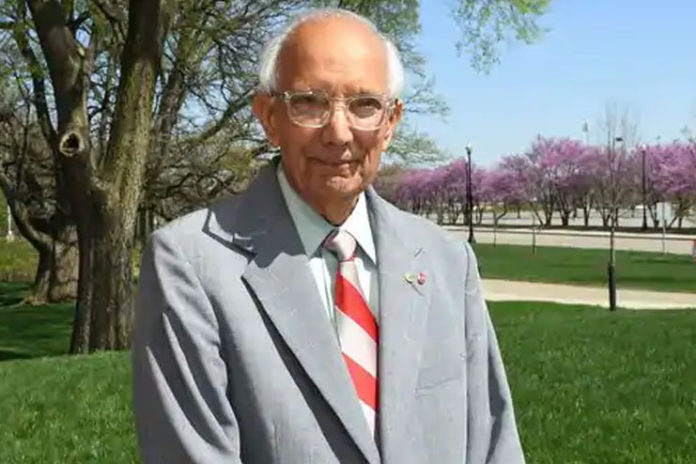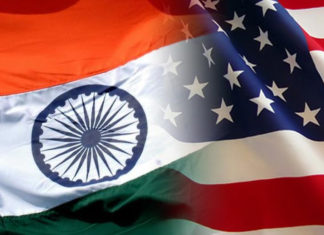Popular Indian American soil scientists Rattan Lal has recently been awarded with the 2020 World Food Prize for his approach in mainstreaming soil-centric methods for enhancing the overall food production results to conserve natural resources and help reverse climate change.
US Secretary of State, Michael Pompeo have even praised Lal stating that his approaches have nearly helped 500 million small farmers with the process of “improved management, less soil degradation, and recycling of nutrients.”
The announcement for the honour of winning the 2020 World Food Prize came on Thursday. Lal has even received a prize of $250,000 for promoting soils for sustainable development.
The 2020 Laureate Announcement Ceremony also hosted pre-recorded messages from Pompeo and the US Secretary of Agriculture Sonny Perdue with World Food Prize Foundation President Barbara Stinson, who collaboratively announced the winner in the statement.
“The world’s population continues to grow, and we need to use the resources we have more productively and efficiently to make sure everyone has enough food on their table,” said Pompeo.
He further went on to praise Lal’s contribution saying that Lal’s research have brought into light that the solution to all these problems have been right under our eyes. His approaches will not just help small farmers, it will also reduce the risks of soil degradation and help recycle the nutrients as well.
Lal has had a very humble beginning, growing up in a small farm in India. His determination to learn and bring change is what drove him to succeed in school and later becoming one of world’s biggest soil scientists.
When contacted, Lal couldn’t hold his excitement in on winning this amazing honour. He further said that even with the win, his urgent task of feeding the humanity has not been sufficed yet. His goals will be reached once he is able to make the adequate amount of nutrition accessible for every single person across the world.
“The unbound joy and excitement of receiving the 2020 World Food Prize reminds me about the gratitude, privilege, and honor of working for farmers from around the world,” said Dr. Lal.
He is currently working as the Distinguished University Professor of Soil Science and founding Director of the Carbon Management and Sequestration Center at The Ohio State University (OSU).
His journey as a soil scientist started with his work in the International Institute of Tropical Agriculture in Nigeria. He has also worked in developing soil health restoration projects across Asia, Africa and several other countries too.
Some of the factors that Lal has worked on include “no-tillage, cover cropping, mulching, and agroforestry” that helped contribute their part in helping reverse climate change. His ideals is likely going to help with the long-term sustainability goals of the varying agroecosystems and even minimise the risks that farmers experience every day droughts, floods etc.
It was later in 1987 that Dr. Lal returned to OSU for his research showed how the atmospheric carbon can be sequenced in soil. This was one of the best breakthroughs that the world needed to see when it came to farming and its practices.
Following his research, the public knew the importance of soil not just for farming but as a source to help mitigate the impacts of climate change.
His strategies have been adapted by three separate United Nations Climate Change Conferences.
In 2007, Lal was also recognised with the Nobel Prize Certificate for his contributions to the Intergovernmental Panel of Climate Change.













































